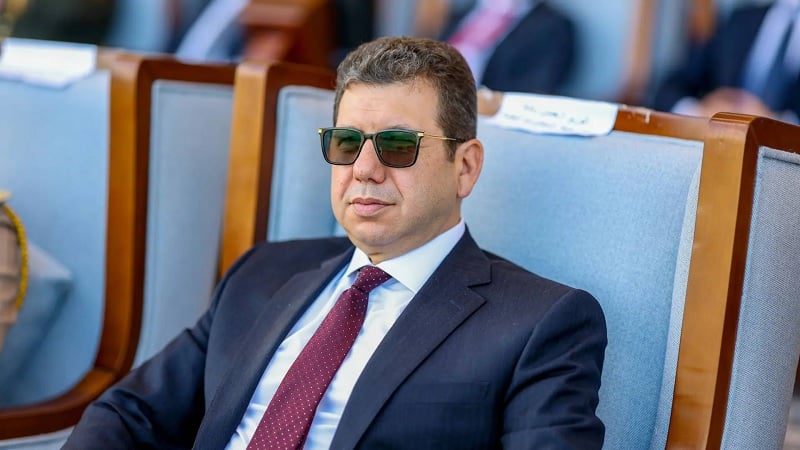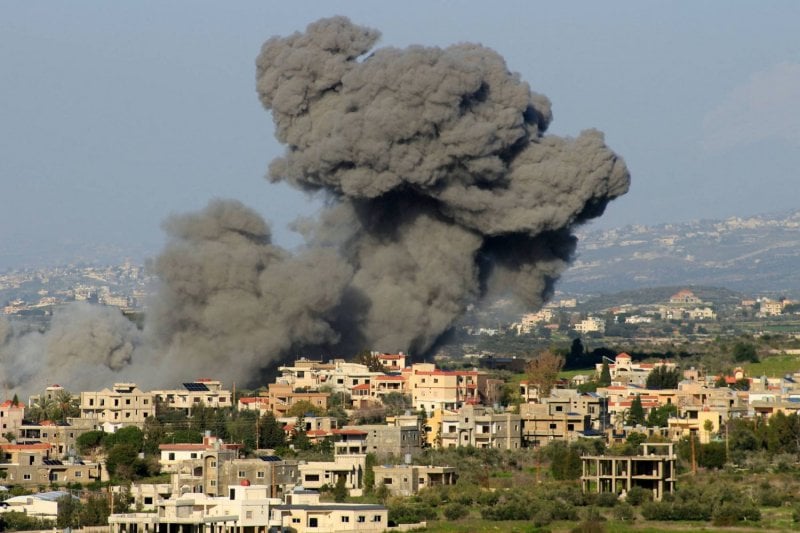
Lebanon is the focus of attention and external pressure; the attention is evident through envoys and visitors “carrying” advice, while the pressure is embodied in the escalating Israeli attacks. While the outside world seeks Lebanon to reach a border agreement, what Lebanon aspires to, as confirmed by writer and political analyst Ghassab Al-Mukhtar, is to consolidate the ceasefire and stop the Israeli escalation, as a starting point for Lebanon’s official approval of any security-related negotiations aimed at achieving Israel’s withdrawal from all occupied territories in the south.
In an interview with , analyst Al-Mukhtar reveals that Egyptian intelligence chief Hassan Rashad sought in Lebanon to lay the foundation for a diplomatic-security track, paving the way for a Lebanese-Israeli security agreement, similar to the existing agreement in Gaza.
Al-Mukhtar points to information indicating conditional Lebanese approval of what Rashad proposed in Beirut, which is represented in including civilians in the ceasefire supervision committee, pointing out that this depends on a ceasefire first, and second on providing the army with what it needs in terms of technicians, experts, and map surveyors, and third on a time determined by Lebanon, in exchange for American insistence and pressure for direct negotiations with Israel, which was reflected in Tom Barak’s reference to Lebanon as a “failed state.”
Al-Mukhtar believes that the first stage in the negotiation track at the level of the Lebanese position revolves around consolidating the ceasefire and Israel taking a step that demonstrates its commitment before Lebanon agrees to security negotiations.
Accordingly, Al-Mukhtar explains that security negotiations are the beginning, and after consolidating the truce, the negotiation moves to تثبيت the borders, but in contrast, the vision remains unclear regarding the Israeli position on the Egyptian initiative, after the “Quintet” countries have become content with only providing advice.
Al-Mukhtar adds that what is new in the scene today is waiting for the second step from Rashad and whether he will succeed in convincing Israel to implement the ceasefire as he did in the Gaza agreement, especially after Tom Barak failed to convince Benjamin Netanyahu to take any step towards Lebanon.

















